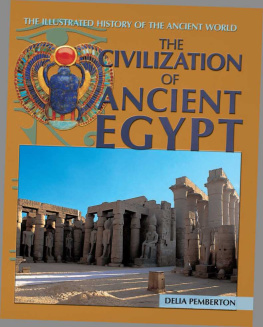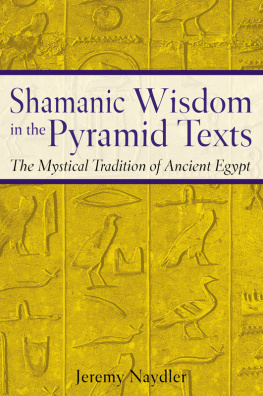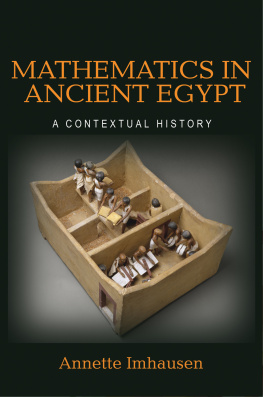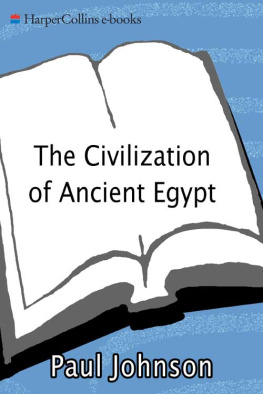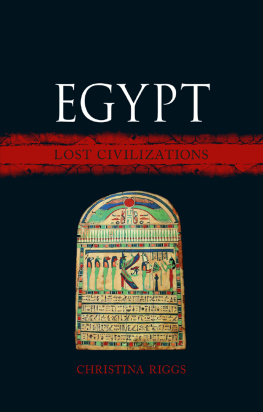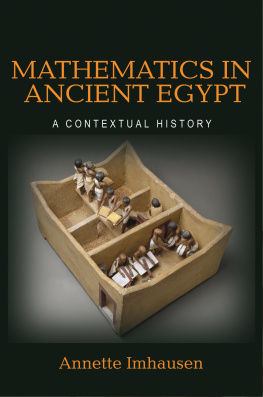
Praise for Serpent in the Sky ...
... we may have West and his colleagues to thank for opening our eyes to a chapter of the human past of which we had virtually no awareness till now.
Richard Heinberg, author of
Celebrate the Solstice
A truly important book and a very readable one.
Robert Masters, author of
The Goddess Sekhmet
Without Serpent in the Sky comparatively few people would be alerted to the availability of what must be the most fascinating interpretation of the phenomenon of Egypt ever to be placed on paper.
J. C. Whitacre, M.D.,
Minneapolis Tribuner
The work of R. A. Schwaller de Lubicz has opened our eyes to the true questions of Egypt. This book makes that work compellingly accessible to everyone.
Jacob Needleman, author of
Lost Christianity and The Heart of Philosophy

A Publication Supported by
The Kern Foundation

Learn more about John Anthony West and his work
at www.jawest.net and http://jawphoenixfire.blogspot.com
Find more books like this at www.questbooks.net
Copyright 1993 by John Anthony West
First Quest Edition 1993
A previous edition of this book was published by Harper & Row, Publishers, Inc. 1979.
Quest Books
Theosophical Publishing House
PO Box 270
Wheaton, IL 60187-0270
Without limiting the rights under copyright reserved above, no part of this publication may be reproduced, stored in or introduced into a retrieval system, or transmitted, in any form, or by any means (electronic, mechanical, photocopying, recording, or otherwise), without the prior written permission of the publisher of this book.
The scanning, uploading, and distribution of this book via the Internet or via any other means without the permission of the publisher is illegal and punishable by law. Please purchase only authorized electronic editions, and do not participate in or encourage electronic piracy of copyrighted materials.
While the author has made every effort to provide accurate telephone numbers and Internet addresses at the time of publication, neither the publisher nor the author assumes any responsibility for errors or for changes that occur after publication. Further, the publisher does not have any control over and does not assume any responsibility for author or third-party websites or their content.
Library of Congress Cataloging-in-Publication Data
West, John Anthony.
The serpent in the sky: the high wisdom of ancient Egypt/
John Anthony West.
p. cm.
Includes bibliographical references.
ISBN 978-0-8356-0691-2
1. EgyptCivilizationTo 332 B.C. 2. OccultismEgypt. I. Title.
DT61.W46 1993
ISBN for electronic edition, mobi format: 978-0-8356-3025-2
11 10 9 8 7 * 09 10 11 12
Contents
Acknowledgments
We would like to thank the following organizations and individuals for their permission to use the illustrations on the pages indicated. Illustrations from Sacred Science by R. A. Schwaller de Lubicz (pp. 68, 89, 131), with permission of Inner Traditions International, 1987; Ronald Sheridan Photo Library (pp. 4, 8, 44, 83, 85, 86, 87, 192); Lawrence Berkeley Laboratory (p. 110); Peter Guy Manners (p. 67); Chicago House, University of Chicago, for the photographs of the Sphinx and Kom Ombo (pp. 165, 196, 197); Patrick Dunlea-Jones (p. 213); and Lucie Lamy for her kind permission to use all the other photos in the book that were not taken by the author.
Foreword to the first edition
by Peter Tompkins
In the current joust between materialist and metaphysician, with admirers of the former screaming for blood from the latter, John Anthony West has taken up the banner in support of the Alsatian philosopher R. A. Schwaller de Lubicz. It is the thesis of de Lubicz, lucidly developed by West, that the builders of ancient Egypt had far more sophisticated understanding of metaphysics and of the laws which govern man and this universe than most Egyptologists have been willing to admit.
It is a striking thesis, but unpopular with orthodox scholars who have deliberately ignored it for twenty years, though they proffer no argument against it other than that it contravenes accepted dogma.
R. A. Schwaller who in real life was knighted de Lubicz by the Lithuanian Prince Luzace de Lubicz for his contribution to the liberation of Lithuania from both the Russians and the Germans at the end of World War I has mustered an overwhelming argument in favor of the scientific and spiritual development of the ancient Egyptians; but the argument is complex. Assembled over a period of ten years after a sojourn of fifteen years in Luxor (1936-1951), the evidence is based on the incredibly painstaking measurements and drawings of the stones and statuary of the great Temple of Luxor made by his stepdaughter, Lucie Lamy. This material he incorporated into several published works, of which the most important are the three massive volumes of Le Temple de l'Homme . Unfortunately, this work came out in a limited edition, is hard to find and is not easy to read in the original French, though an English translation is now at the printers.
Even so, it remains difficult until one has grasped the fundamentals of de Lubicz' philosophy, a task which West renders much easier by carefully digesting the bulk of de Lubicz' work and by consulting at length with Lucie Lamy, an invaluable aid not only because of her intimate understanding of her stepfather's thought but because of her role as trustee for his unpublished works.
In his daring defense of de Lubicz, West battles for a wisdom kept alive through centuries, despite doctors, lawyers, priests and undertakers who wished to dissect it into carrion. With a stylish lance, refined as a novelist and playwright, West also pricks the bombast accumulated about Egypt and other ancient civilizations that they were mounted by crude and idolatrous priests, primitive and superstitious.
West says he took up the gauntlet in the cause of de Lubicz because he regards de Lubicz' contribution as the most important single work of scholarship of this century... one which calls for a total revision of modern man's conception of history and of human social evolution.
Since the phonetic values of Egyptian hieroglyphs were discovered by Champollion at the beginning of the last century, the writings of the Egyptians have been interpreted by Egyptologists with as little understanding of the thoughts and beliefs expressed in them as have modern academic teachers of English understood the hermetic philosophy enshrined in Shakespeare. As it happens, the data are the same in both.
De Lubicz was well versed in hermetic wisdom, with a solid founding in the religions of the East, passed on through Hindus, Chinese, Buddhists, Theosophists, Anthroposophists, and Yogis. De Lubicz soon found the same wisdom built into the glyphs, statues, and temples of Egypt.
By interpreting the ancient Egyptian hieroglyphs as symbolic carriers of a hermetic message, de Lubicz discovered in Egypt the earliest known source of a Sacred Science which forms the basis of what has come to be known as the Perennial Philosophy, fragments of which have been kept alive among the Gnostics, Sufis, Cabalists, Rosicrucians, and Masons, but primarily by a series of enlightened and clairvoyant masters.


